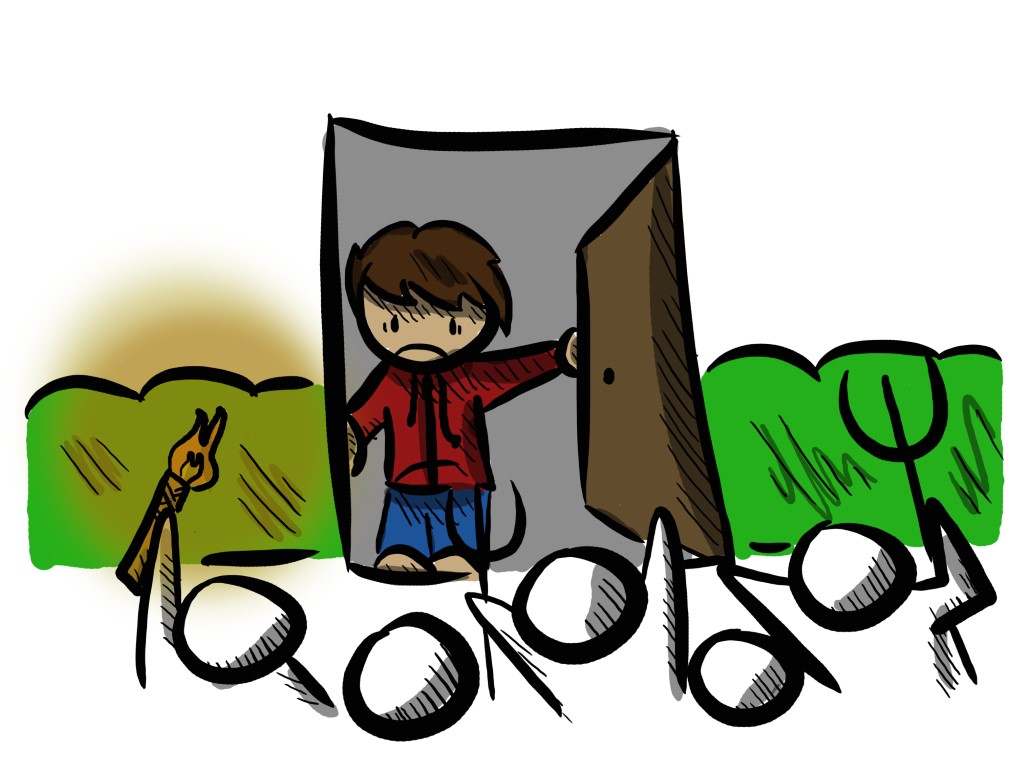
Censorship is unfortunately becoming more commonplace
By Matthew Fraser, Opinions Editor
All too often the internet is a dirty place. The distance bridged by screens and keyboards—coupled with the anonymity of cyberspace—can encourage people to say things they know to be morally wrong, untrue, or discriminatory.
Simultaneously, prolonged exposure to this intellectual cesspool can motivate one to become a censor: a rogue vigilante meting out an order for silence from transgressors of ideological orthodoxy. It is not uncommon, then, for an article or tweet that states a position contrary to a certain group to be forcefully taken down.
There is one conversation whose lines have been clearly drawn and whose battle flags are well known. Between November 2018 and January 2019, Harry Miller crossed those lines 31 times. During that time, Mr. Miller posted 31 gender-critical tweets, to the offense of a British transgender woman identified in court proceedings as “Mrs. B.”
Miller was soon contacted via phone (and at his job site) by the Humberside police department, who then intimated to him that his tweets were a “non-crime hate incident,” and that further tweets could result in real persecution. The first question we need to ask is, what did he tweet?
Well, he tweeted about trans woman and former Olympian Caitlin Jenner. He tweeted a series of snarky remarks about misgendering, and a joke about the transphobia of cancer. None of his tweets indicated violence. They could be argued to show prejudice, but they could also be argued to simply be a dark and wry humour—purposefully teasing towards those who are known to be aggressively staunch in their stance on the topic.
A judge ruled that those tweets were not in fact warrant for police to threaten Miller (a former officer himself) and that Miller had only expressed free speech, well within reasonable bounds. Miller himself admitted his tweets were gender critical, and as it was stated earlier, that his tweets did not constitute any form of crime.
So, what exactly is the purpose of a “non-crime hate incident,” and how critical can one be before it is determined to be hate? When the lines are drawn by dogmatists, when any and every infraction is too far, then the issue has changed. It worryingly crosses the line into the enforcement of thought orthodoxy. There is nothing dangerous or violence-inciting in saying testicular cancer is transphobic when it affects women; yes the observation may be considered rude or very cold, but it’s clearly not a crime to say it.
As simple as it may be to say any comment is “punching down,” the reality is never so clear and is extremely nuanced. Many comments on all ends of the political spectrum could be argued to be punching down in some sense. Though there are many tweets that deserve police attention, this was a case of over policing for certain.

